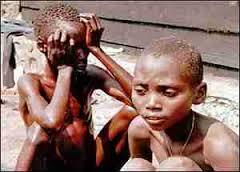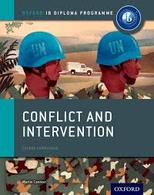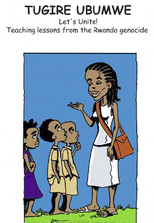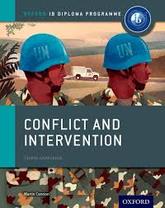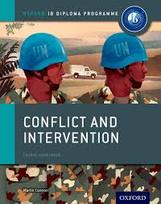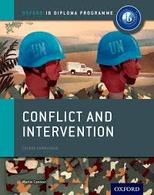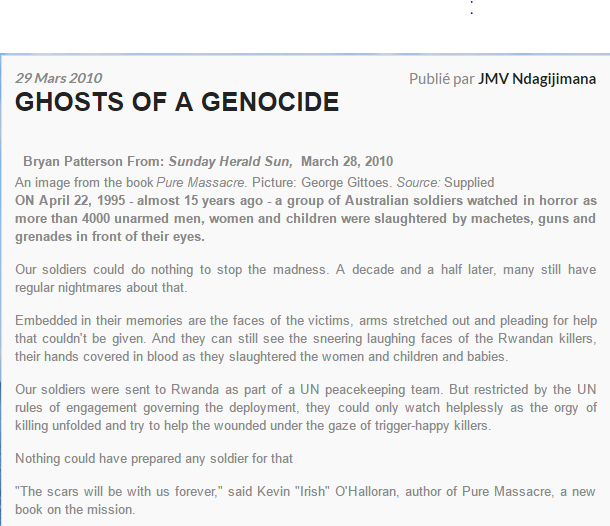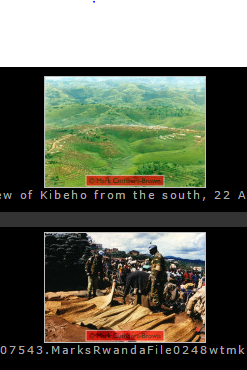What has been the impact of the Genocide?
a) Domestic
We will see that the aftermath of the RPF victory in Rwanda, which effectively ended the genocide, was only the end of one phase of this tragedy. Of course, the legacy of the genocide lives on with the survivors - but, as you will see, Rwanda also offers us a remarkable example of resilience and forgiveness.
|
|
DISCUSSION:
- Why did the Genocide end? - What would you expect the immediate situation to be like? - Brainstorm all of the aspects of life in Rwanda that would have been impacted by the genocide. - Analyse your list through class discussion - what 'categories' could we create to evaluate the impacts?
| ||||||
a) Long Term Social Impacts of Genocide
Have a review of the two resources below and complete Part A of the task sheet. History is a complex beast and can yield counter-intuitive results... sometimes... I suggest getting into a three and taking one each, followed by a share.
|
c) The ICTR
During the genocide, the international community bowed to media pressure and formed the International Criminal Tribunal for Rwanda. It was charged with investigating 'human rights' abuses - they still couldn't bring themselves to say the 'g' word. Have a look at the video on their website and the museum if you have time, before moving on to the textbook reading. http://unictr.unmict.org/ |
c) Political Impact & Economic Impact
As we have seen, the war and genocide in 1994 brought the RPF to power... Kagame has been the real power in Rwanda ever since.
As we have seen, the war and genocide in 1994 brought the RPF to power... Kagame has been the real power in Rwanda ever since.
What has been the impact of the Genocide?
b) The Refugee Crisis and War in Zaire
|
TASK SHEET: |
| ||||||
i) History of Refugees in Rwanda
Discuss: Think back through your learning so far. Prior to the RPF defeat in 1994, at which points have there already been refugee movements in the region (Uganda, Zaire, Barundi as well)?
With the victory of the RPF, there will inevitably be another refugee crisis. Why? How will this be different to previous? Which of the neighbouring countries are likely to accommodate the new refugees?
Read through the first part of the task sheet and discuss with your teacher - active listening is required.
Discuss: Think back through your learning so far. Prior to the RPF defeat in 1994, at which points have there already been refugee movements in the region (Uganda, Zaire, Barundi as well)?
With the victory of the RPF, there will inevitably be another refugee crisis. Why? How will this be different to previous? Which of the neighbouring countries are likely to accommodate the new refugees?
Read through the first part of the task sheet and discuss with your teacher - active listening is required.
|
ii) The Genocidaires and Hutu Refugees: Reading and Note taking
Download 'Reading 2' by clicking on the textbook image. The task sheet encourages you to read analytically through the use of questions. After you have finished, delete the questions and re-structure using headings. This is an active note taking strategy that encourages recall and analysis. |
iii) The Kibeho Massacre: April 1995
Use the resources below to analyse the massacre at Kibeho - did the victims really become the murderers? Make sure to record your thoughts on the task sheet.
Use the resources below to analyse the massacre at Kibeho - did the victims really become the murderers? Make sure to record your thoughts on the task sheet.
iv) War in Zaire
This is an excellent article from the BBC on the genocide:
http://www.bbc.com/news/world-africa-11108589
This is an excellent article from the BBC on the genocide:
http://www.bbc.com/news/world-africa-11108589
Final Thoughts... historiography in action? The story is never finished...
http://www.theguardian.com/media/2015/apr/10/bbc-rejects-complaint-rwanda-genocide-documentary
| economist_article_on_rwanda.pdf | |
| File Size: | 1703 kb |
| File Type: | |
This happened in 2020: The capture of Felicien Kabuga, the man behind RTML https://www.youtube.com/watch?v=JxEk0MGtwjQ
Romeo Dallaire wrote a book called Shake Hands with the Devil about his experiences in Rwanda. This is the conclusion of the book:
| shake_hands_with_the_devil_extract_pp510-522.pdf | |
| File Size: | 1002 kb |
| File Type: | |
